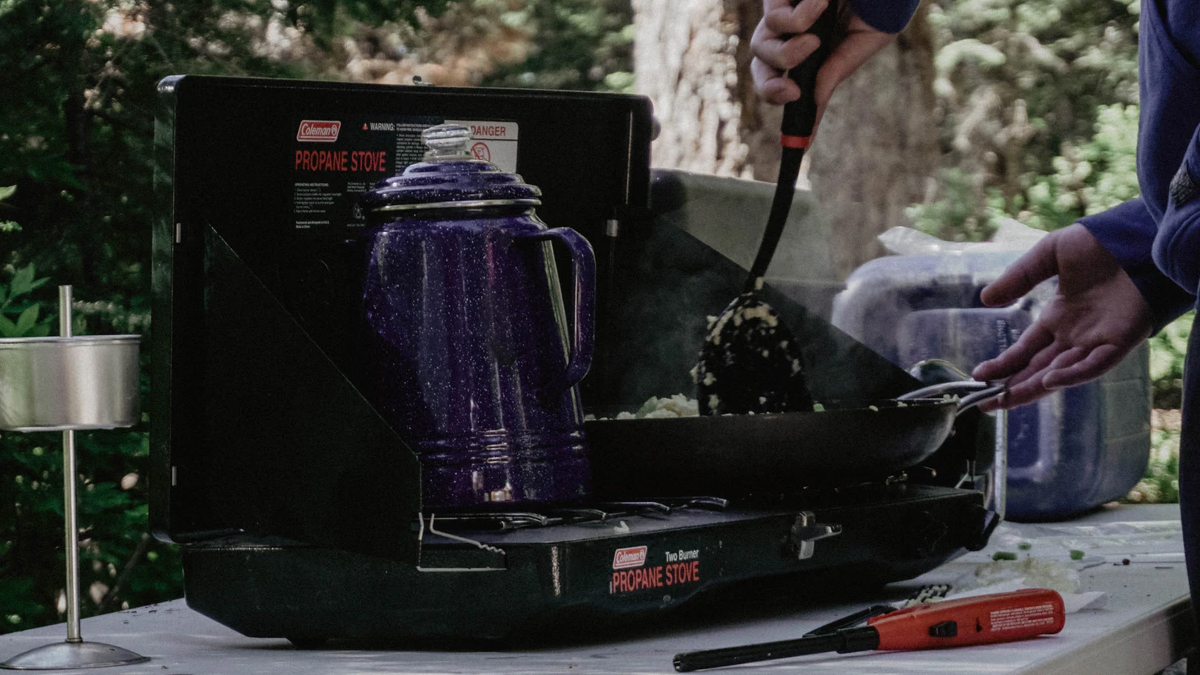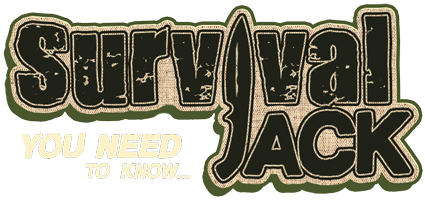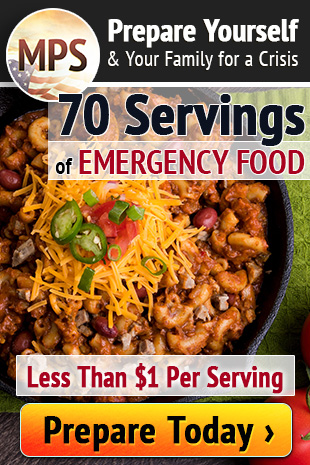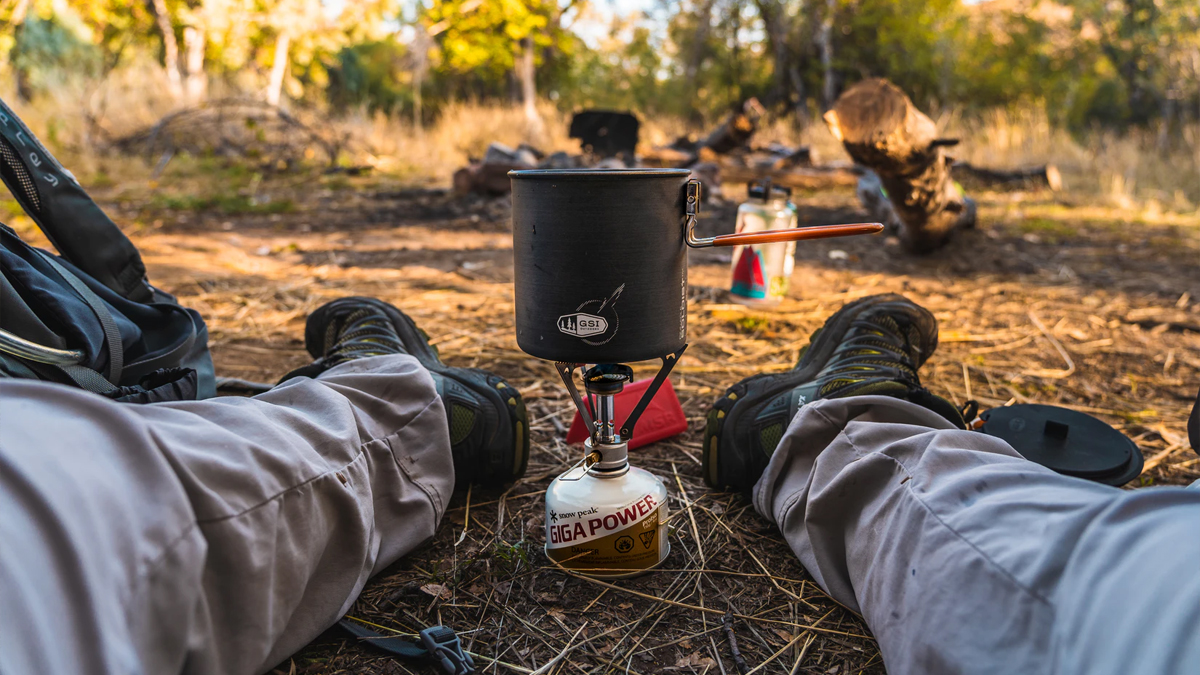on
In the mid-1940s, US scientist Ancel Keys conducted an experiment on 36 men, who were only allowed half the calories they would normally need. Keys’ aim was for each participant to lose a quarter of his weight. He then gradually built up to their original weight again, which took around three months.
This study demonstrated that the effects of starvation on the individual are wide-ranging. Starvation impacts us physiologically, psychologically, cognitively and socially (Centre for Clinical Interventions, 2018b). It can lead to serious health complications that affect all areas of human functioning
The study observed the following symptoms as outcomes of semi-starvation:

- Physical: Less energy, reduced heart muscle mass, lower heart rate, and blood pressure, headaches, decreased hormone levels, sensitivity to noise and light, a feeling of being cold all the time, loss of strength and greater fatigue and hair loss, and dry skin.
- Emotional and Cognitive changes: Depression, anxiety, irritability, increased mood fluctuations, intense and negative emotional reactions, decreased enthusiasm, reduced motivation, impaired concentration, problem solving and comprehension, increased rigidity, obsessional thinking, and reduced alertness.
- Attitudes and behaviors related to food: Thinking about food all the time, eating very slow or very fast, increased hunger, unusual food routines, and rituals, binge eating, increased use of condiments for flavor.
- Social changes: Feeling more critical of others, withdrawn and isolated, loss of sense of humor, feelings of social inadequacy, neglect of personal hygiene, and strained relationships.
This experiment further demonstrated that a person does not have to be underweight to display symptoms of starvation, rather, symptoms can be experienced by a person with any significant calorie deficit, in a body of any size. A person can appear to have an adequate caloric intake and still experience the social, emotional, cognitive, and behavioral symptoms of starvation (Centre for Clinical Interventions, 2018b).
We know that brain activity is affected by even modest dieting. When a person is malnourished, their brain is not adequately fuelled; they struggle to make decisions, solve problems and regulate their emotions (Centre for Clinical Interventions, 2018a).
Survival Depends on Caloric Intake

Long-term survival in any setting is all about energy. Therefore energy intake and conservation are extremely important in everything you do.
- Hydration: Having enough to drink to stay hydrated for environmental conditions is vitally important. Many times people forget to manage their water intake when they are in cold, wet conditions but it is just as important as it is in hot conditions.
- Cold: The importance of fire lies in that you don’t want to use up your calories to keep your body warm when you can use the energy stored in wood for the same purpose. Temperatures that would not have previously been concerning to you will now become life-threatening, because you lack the body fat to protect yourself, and you don’t want to burn up energy trying to stay warm.
- Lack of energy: It doesn’t take long for your body’s physical responses to become sluggish, and you will find yourself unable to complete tasks along with a lack of willpower to do them. This leaves you vulnerable to the elements and predators.
- Poor decision-making ability: As the Minnesota Starvation study showed problem-solving abilities, recall and reduced alertness are all components related to consuming semi-starvation levels of rations. And without these cognitive abilities, the odds of survival decrease drastically.
Should you find yourself in a long-term survival situation, especially in the wilderness, do not waste energy or delay in finding water, shelter and food as quickly as possible.
Building Your Foundation of Calories

Whether or not you are preparing for wilderness survival or are planning on “bugging-in” there are similar preparation strategies.
First, if you are considering purchasing food for long-term storage make sure that is providing you with an adequate number of calories. Do not depend on a kit that is promoted as lasting you 30 days without checking the calorie content. There are several companies that provide such a low level of calories in their kits that you will be eating semi-starvation rations. Stick with companies like My Patriot Supply that guarantee 2,000 calories per day which is the calorie level used by the FDA to ascertain RDA (recommended daily allowance) values for vitamins and minerals.
Second, you should be well versed with the method of gathering your most consistent and dependable food staple. No matter if it is something you grow, raise or harvest from the wild. Gardening is just as much a skill as hunting and trapping. And some years nature provides more bounty than others, which is where having a back-up food supply comes in handy.
Obviously, if you are in the wilderness without back-up food, your ability to forage, hunt, fish and trap are skills that you will not survive without. Even at home, the ability to add extra nutrition to the table is important, especially if you have a large physical task ahead of you those extra calories will certainly come in handy.
In a survival setting it is important to be a Jack-of-all-trades, rather than a speciliast in just a few areas of expertise. Keeping yourself and your family fed is the bigest skillset you can aquire.
References:
Centre for Clinical Interventions. (2018a). Eating Disorders & Neurobiology. https://www.cci.health.wa.gov.au/Resources/~/media/7644CF6DB09443138A975DEE6EF725DD.ashx
Centre for Clinical Interventions. (2018b). What is Starvation Syndrome ? https://www.cci.health.wa.gov.au/Resources/Looking-After-Yourself/~/media/7FA3FBD42D5E46BBAAB151408F7C08ED.ashx
Get access to premium content and more!





